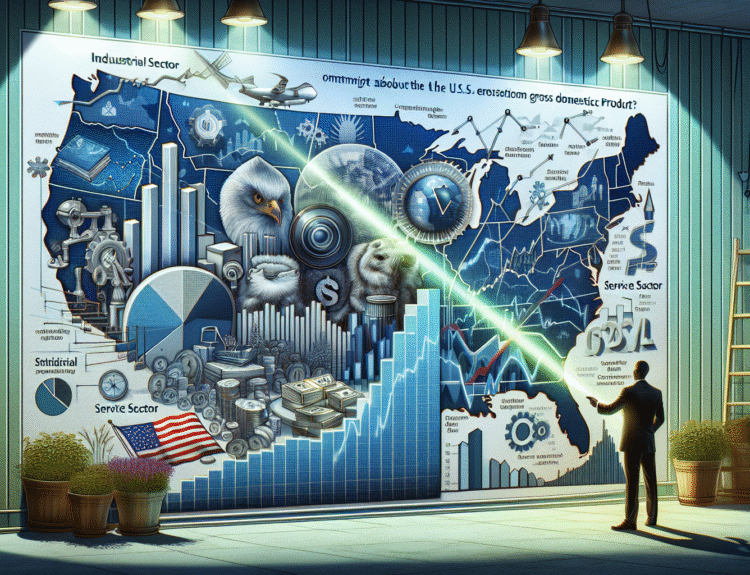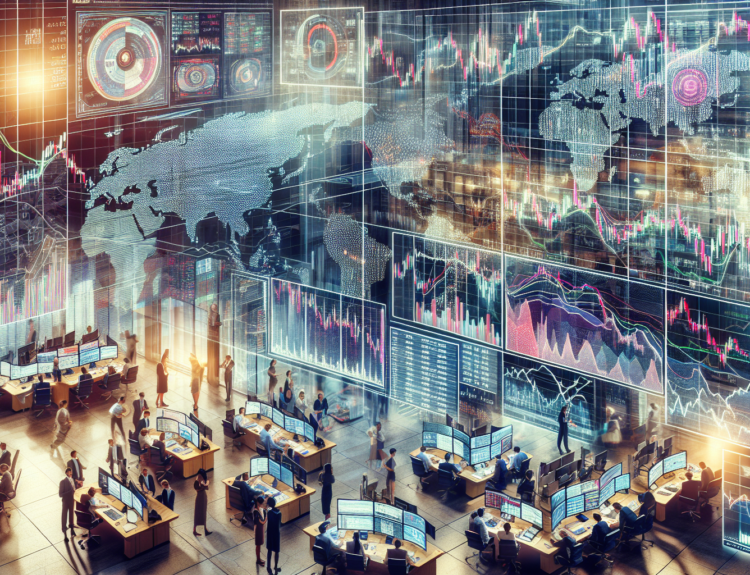Global Elections and Political Uncertainty: Navigating the Shifting Landscape
In an era characterized by rapid change and unpredictability, political uncertainty has emerged as a pivotal concern across the globe. With numerous elections on the horizon and political landscapes shifting dramatically, it is crucial for investors, businesses, and citizens alike to understand the implications of these developments. This article explores the dynamics of global elections and the resulting political uncertainties, while analyzing their potential impact on economies, markets, and societal structures.
Understanding Political Uncertainty
Political uncertainty refers to the unpredictability surrounding government actions, policies, and political leadership. It often arises during periods of election campaigns, where public sentiment may lead to significant fluctuations in electoral outcomes. This ambiguity can affect market confidence and economic stability, as investors hesitate to allocate resources when faced with an unclear political future.
Key Indicators of Political Uncertainty
- Election Outcomes: Shifts in the ruling party or sudden changes in governance can lead to altered economic policies and regulations.
- Voter Sentiment: Polling data reflecting public opinion can indicate potential electoral trends, influencing investor decisions.
- Geopolitical Tensions: International relations significantly affect political stability; disagreements among nations can exacerbate uncertainties domestically.
Recent Global Elections: A Snapshot
Recent elections around the world have revealed varying levels of political uncertainty:
United States
The U.S. political landscape remains deeply polarized following the 2020 election and ongoing debates regarding voting rights and electoral integrity. The looming 2024 presidential election brings an element of unpredictability, as potential candidates vie for support within a context of economic challenges and social movements. According to a recent Gallup poll, 70% of Americans express dissatisfaction with the state of politics, a sentiment that could significantly affect voter turnout and party dynamics.
Europe
Europe has witnessed significant electoral shifts in nations such as Italy and France, where populist movements threaten traditional party structures. In France’s recent presidential elections, centrist Emmanuel Macron faced a formidable challenge from far-right candidate Marine Le Pen. This election highlighted deep divisions within French society on issues such as immigration and economic policy, reflecting broader trends across Europe. A report from Eurobarometer indicates that 66% of Europeans feel that their country is heading in the wrong direction, which could translate into more unpredictable election results in the coming years.
Asia
In Asia, countries like India and the Philippines are navigating political transitions amid growing civil unrest and calls for reform. The rise of social media and grassroots movements has changed the electoral landscape dramatically. In India’s 2024 general elections, political analysts predict a tough battle between incumbent Prime Minister Narendra Modi and his opponents, as economic concerns intertwine with issues of national identity. According to a recent study by the Pew Research Center, 58% of Indian voters believe that political stability is crucial for economic growth.
The Economic Implications of Political Uncertainty
Political uncertainty can have profound effects on the economy:
Instability in Markets
Markets are particularly sensitive to political developments. For instance, heightened uncertainty surrounding elections can lead to increased volatility in stock markets. A report by Deloitte noted that during the U.S. election cycle, market fluctuations were observed as a direct response to shifting polling data and election outcomes.
Investment Deterrents
Political turmoil may deter foreign investments, as businesses often seek stable environments. A study by the International Monetary Fund (IMF) found that countries experiencing political instability see a marked decline in foreign direct investment (FDI) by nearly 30%.
Global Trade Disruptions
Elections can also disrupt global trade flows. For example, trade agreements may be renegotiated or abandoned following election results, which could have ripple effects on global supply chains. The 2016 Brexit referendum serves as a prime example, showcasing how unexpected political outcomes can lead to significant trade ramifications.
Conclusion: Preparing for the Unexpected
As we navigate a world marked by political uncertainty, it becomes imperative for individuals, businesses, and policymakers to stay informed and agile. Understanding the implications of upcoming elections can help stakeholders better prepare for potential disruptions in the economic landscape. By leveraging data, engaging in comprehensive risk assessment, and fostering open communication, we can work towards mitigating the adverse effects of political uncertainties.
Call to Action
To stay ahead of the curve, consider subscribing to our newsletter for regular updates on global elections and their impact on political and economic landscapes. Together, we can navigate the uncertainties of the future!
Tags: Global Elections, Political Uncertainty, Economic Impact, Voter Sentiment, Market Volatility
Categories: Politics, Economics, Global Affairs
CTA: Subscribe to our newsletter for the latest insights on political developments and their economic ramifications!



